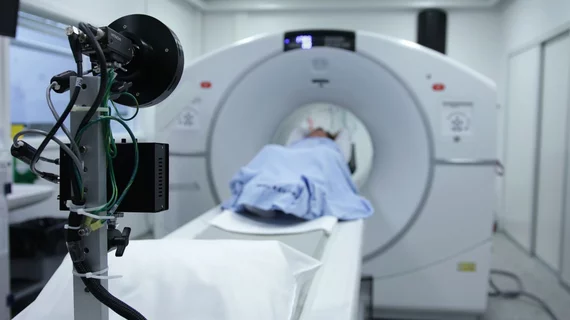AI boosts quality of brain MRI images
AI algorithms can improve the quality of brain MRI images, according to new findings published in Neurocomputing.
Applying post-processing techniques to improve image quality is helpful in computer vision, the study’s authors explained, as well as medical imaging.
The team implemented a hybrid deep learning technique that used both a convolutional neural network and a regular shifting mechanism to transform low-resolution images into high-resolution images. This process was applied to “a variety of images of different datasets” to evaluate its performance, and the results were promising in each instance.
“So far, the acquisition of quality brain images has depended on the time the patient remained immobilized in the scanner; with our method, image processing is carried out later on the computer,” lead author Karl Thurnhofer-Hemsi, University of Málaga in Spain, said in a prepared statement.
The authors did note that their method was “not the fastest one”—but there are ways to improve speed as their work continues.
“It should be considered that a single GPU was employed when using it,” they wrote in their analysis. “The use of more GPUs simultaneously may decrease almost linearly the total time.”

